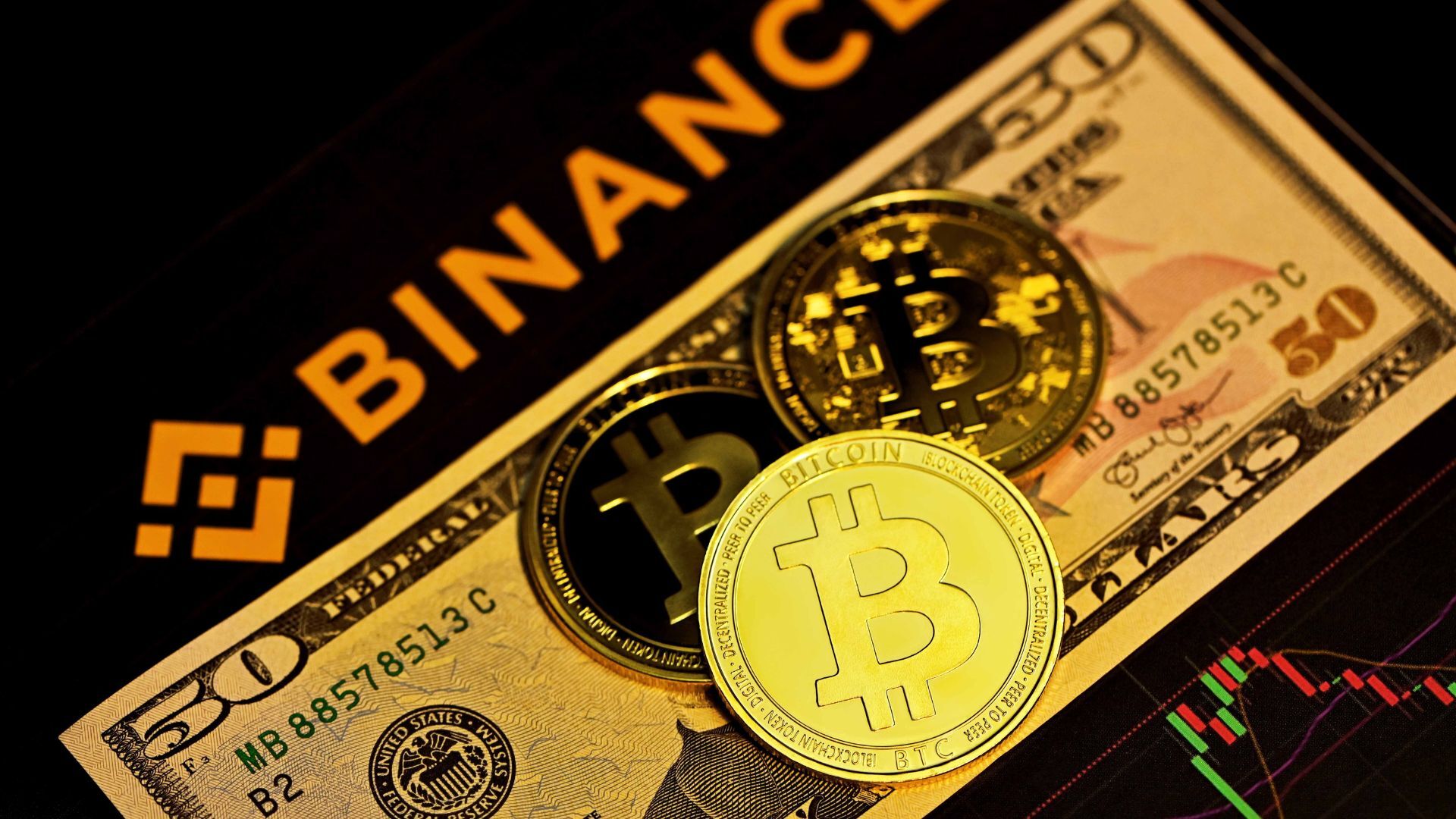Every week we simplify the market into key points so you can stay up to date on market trends, upcoming drops, top project guides and much more!
BY Jex Exmundo
December 12, 2022
Ongoing discussions amongst DOJ prosecutors regarding a years-long criminal investigation into Binance may determine the fate of crypto — and Web3 as we know it. Beginning in 2018, the DOJ, namely its Money Laundering and Asset Recovery Section (MLARS) and National Cryptocurrency Enforcement Team offices, have been looking into Binance’s potential involvement, or at least its alleged complicity in money laundering schemes taking place all around the world.
Should the DOJ move forward and close the investigation, some federal prosecutors believe the correct course of action would be to criminally charge Binance’s top executives with “unlicensed money transmission, money laundering conspiracy and criminal sanctions violations,” according to four people familiar with U.S. law enforcement and Binance’s internal advisory policies, in the Reuters report.
To help clear the air, the official Binance Twitter account posted the response it sent over to Reuters in full. Binance’s response notes that Reuters didn’t mention the steps Binance has taken internally to address potential bad actors using its platform for criminal activity.
Reuters has it wrong again.
Now they're attacking our incredible law enforcement team. A team that we're incredibly proud of – they've made crypto more secure for all of us.
Here’s the full statement we sent the reporter and a blog about our remarkable law enforcement team.
Currently, talks within the DOJ remain at a standstill, and the investigation continues to cast a tall shadow over the leading crypto exchange. But there may be a middle ground moving forward that could satisfy both parties long term: regulation.
Throughout 2022, the IRS and SEC have been working towards finally bringing regulation into the nascent crypto and NFT spaces. Entities like Yuga Labs have happily obliged to investigations assessing the legitimacy of their operations and adherence to U.S. laws, and the NFT space as a whole might benefit from some form of oversight. But if the DOJ looks to make an aggressive move in the coming months against Binance, an unfortunate truth on the burgeoning Web3 ecosystem may begin to publicly unravel.
In the wake of FTX’s recent collapse, Reuters has acknowledged the potential damage a formal suit against leading crypto exchange Binance would wreak on the crypto community, citing the arguments of Binance’s defense attorneys against moving forward with criminal charges against its leadership.
Indeed, havoc would undoubtedly follow after such a move. As it stands, Binance is now virtually uncontested in the crypto sphere. According to the Reuters report, Binance saw trading volumes north of $1.6 trillion in October 2022 — a figure that dwarfs the $230 billion its then-biggest competitor FTX processed in that same month.
Should Binance take a hit, a staggering majority of all active crypto traders and investors would feel the pain. And it would be felt hard — an unfortunate truth in Web3, especially considering Web3’s promise of a truly decentralized internet. With no true competitors left to challenge Binance, Web3’s starting to look a lot like the side of the internet to which builders like the Ethereum team have worked to provide meaningful alternatives.
But why is decentralization such a key focus on Web3 in the first place? Let’s do a quick recap with one of the space’s most influential builders. In a panel at the recently-concluded Gateway event, Ethereum Co-Founder Joseph Lubin touched on why decentralization has spurred much of the drive to build in Web3. “A lot of people have been harmed for millennia by bad centralized systems. You can hide information, you can cheat in so many different ways,” Lubin said. Citing FTX’s collapse as an example of the dangers of creating truly centralized power structures within Web3, Lubin continued: “I’m grateful that it is going to enable us to drive a narrative that really lays out, in stark terms, the value of decentralization.”
Sure, Binance may operate more cohesively as an organization than its former competitor. But that doesn’t reduce the gravity of the problem: within the entire realm of crypto, Binance stands tall as its undisputed central leader. With so much in the balance on a macro level, we’ve reached a pivotal moment in the pursuit of decentralization, with massive ramifications on the future of crypto, NFTs, and Web3.

